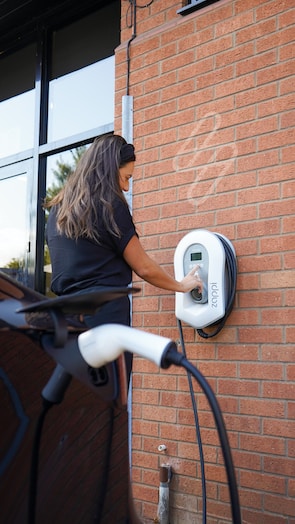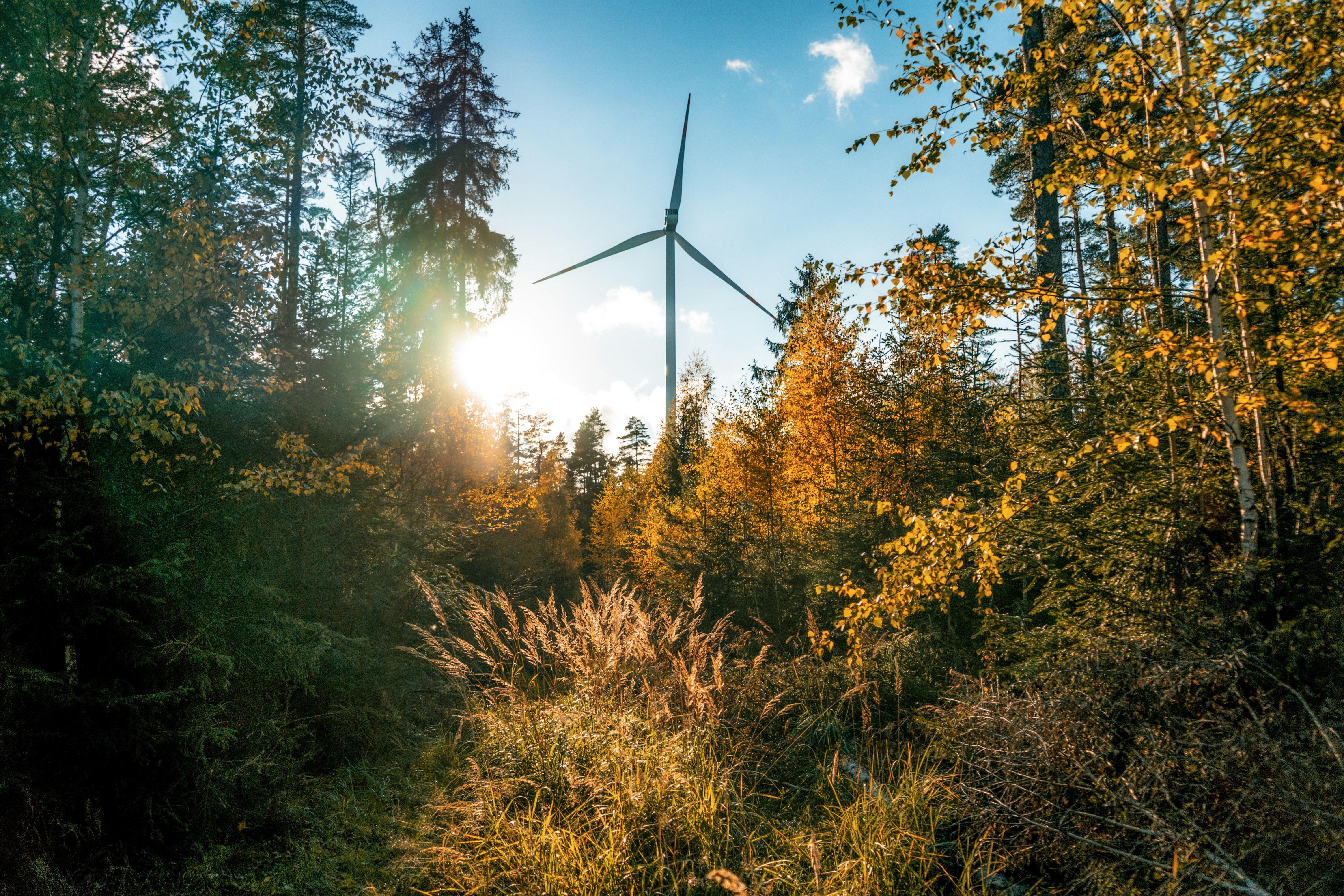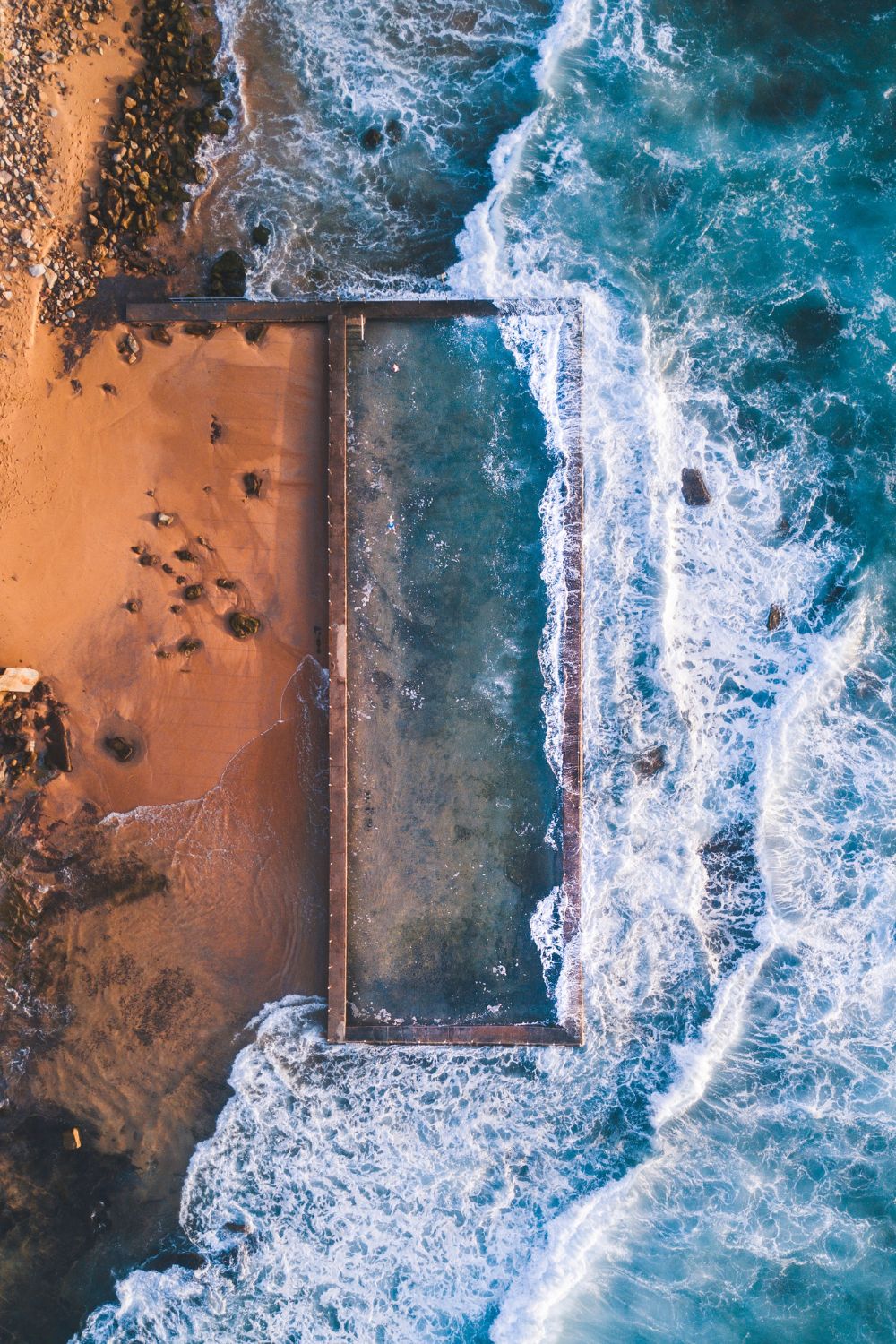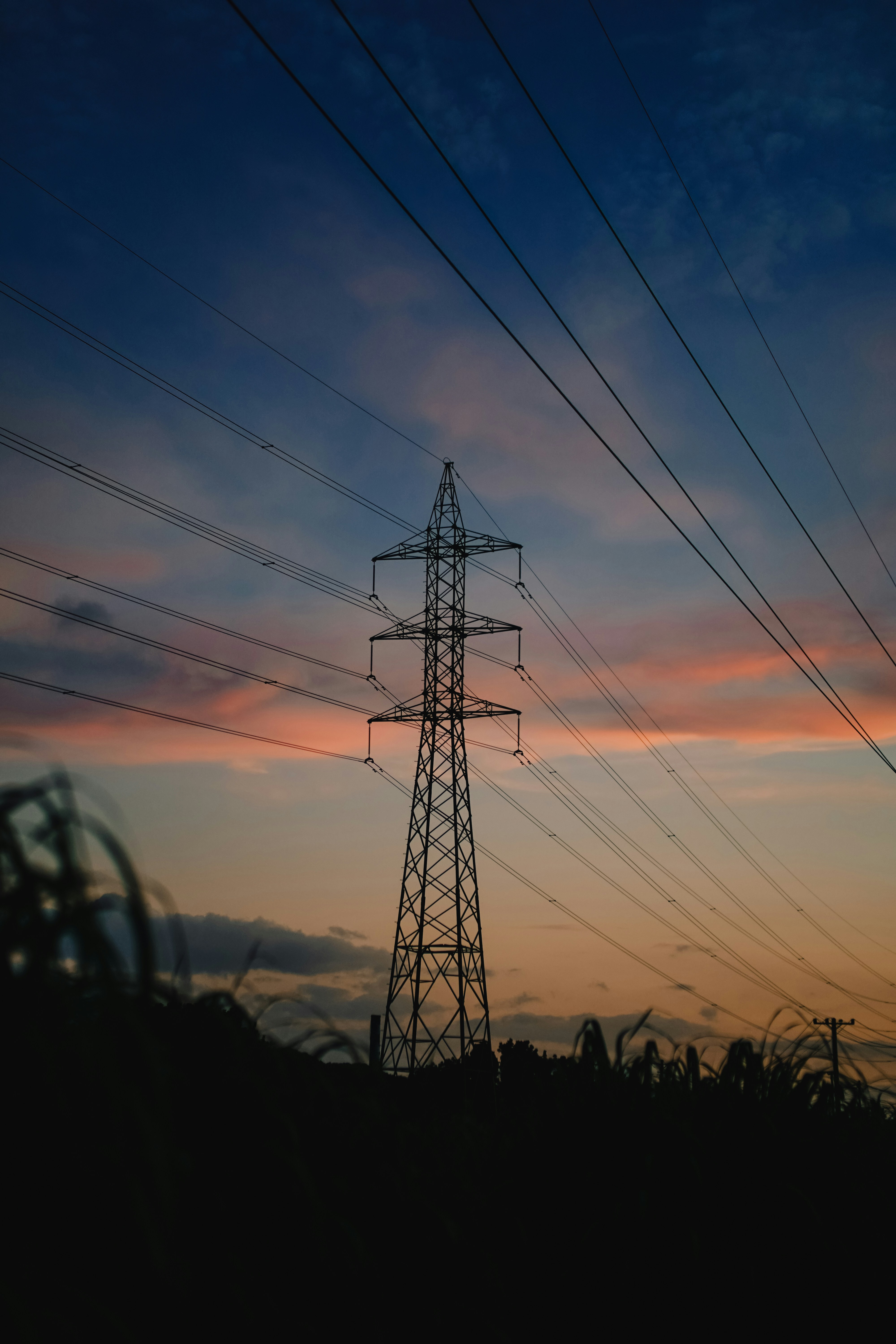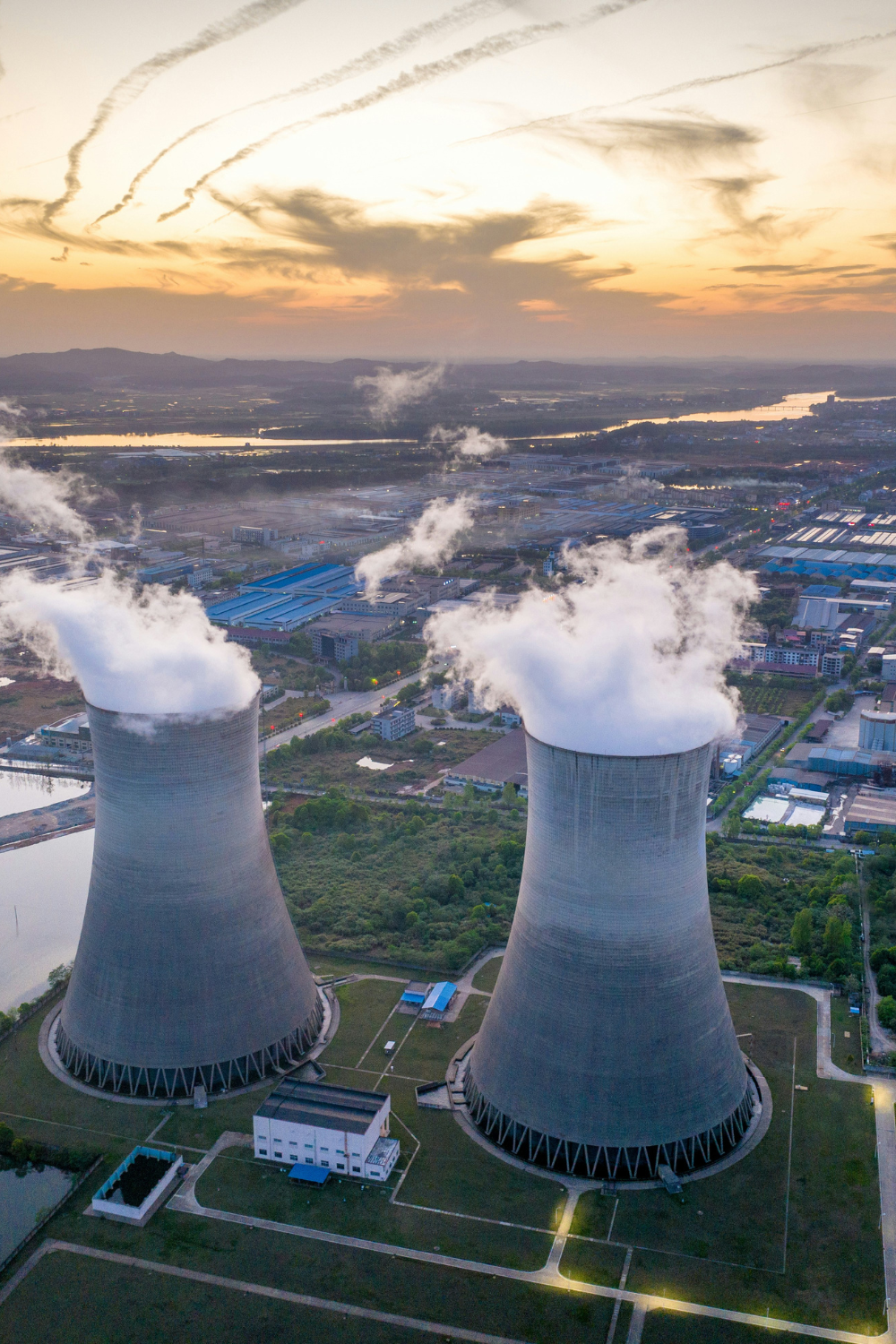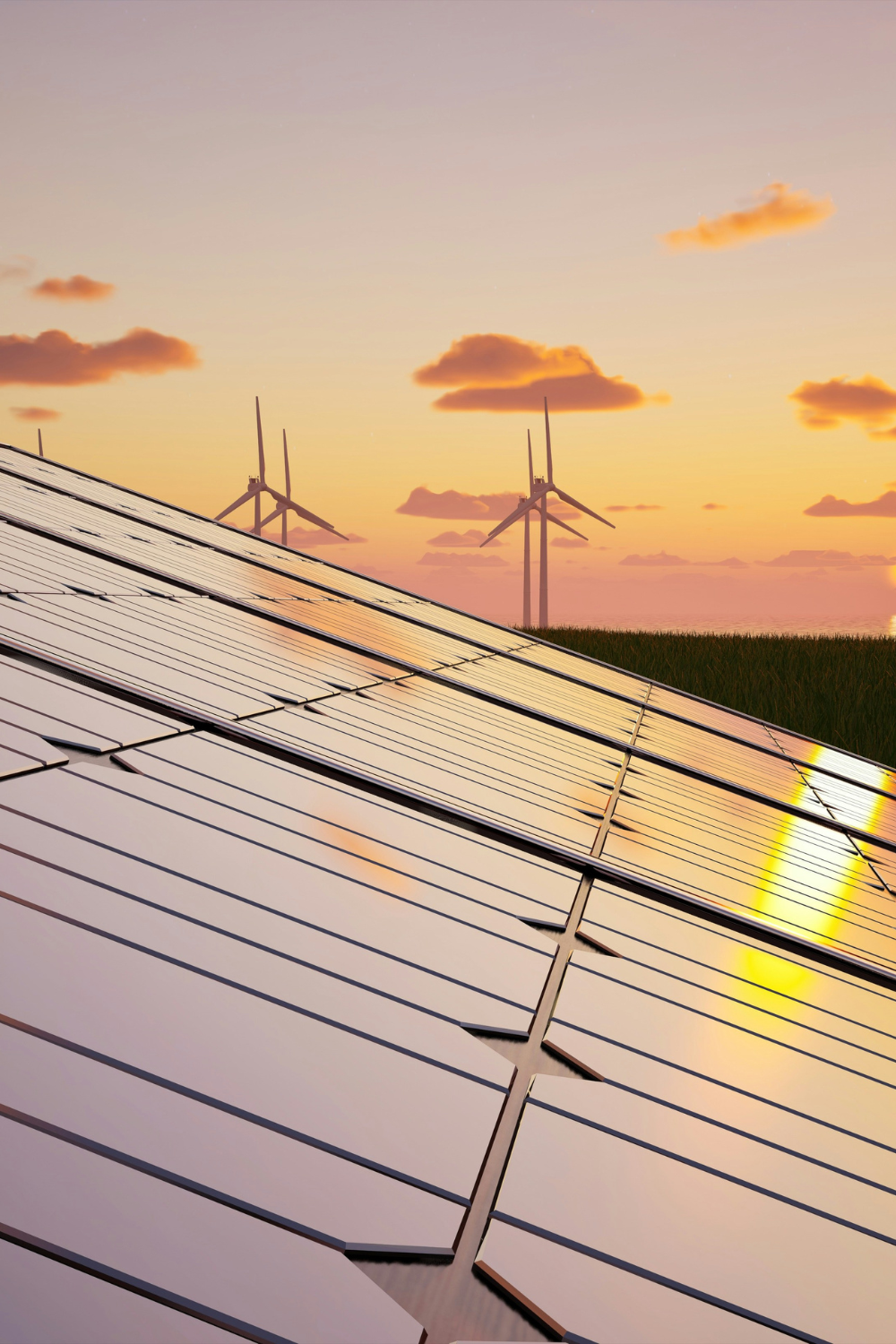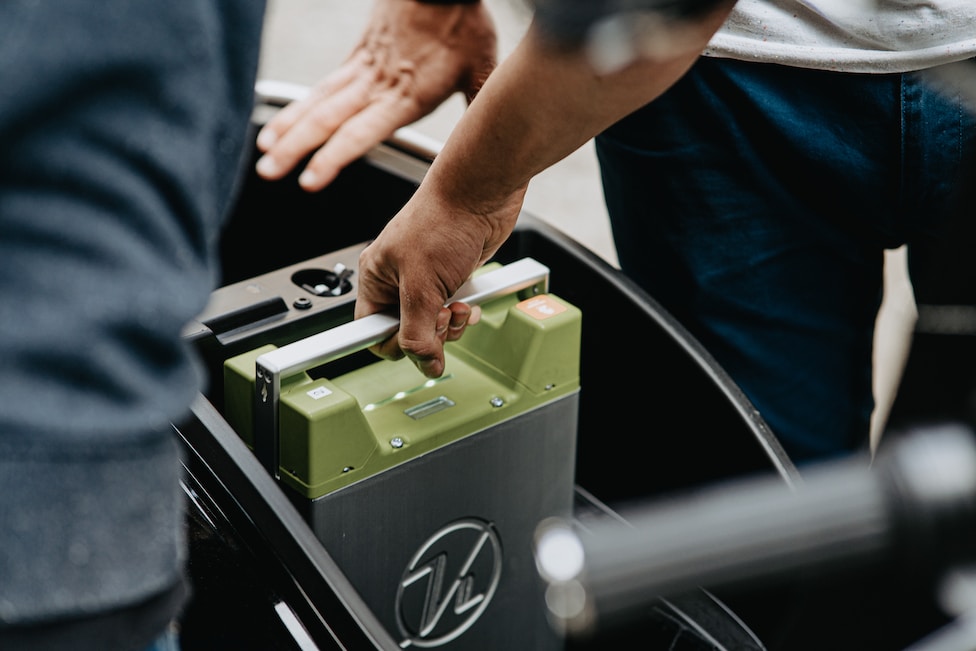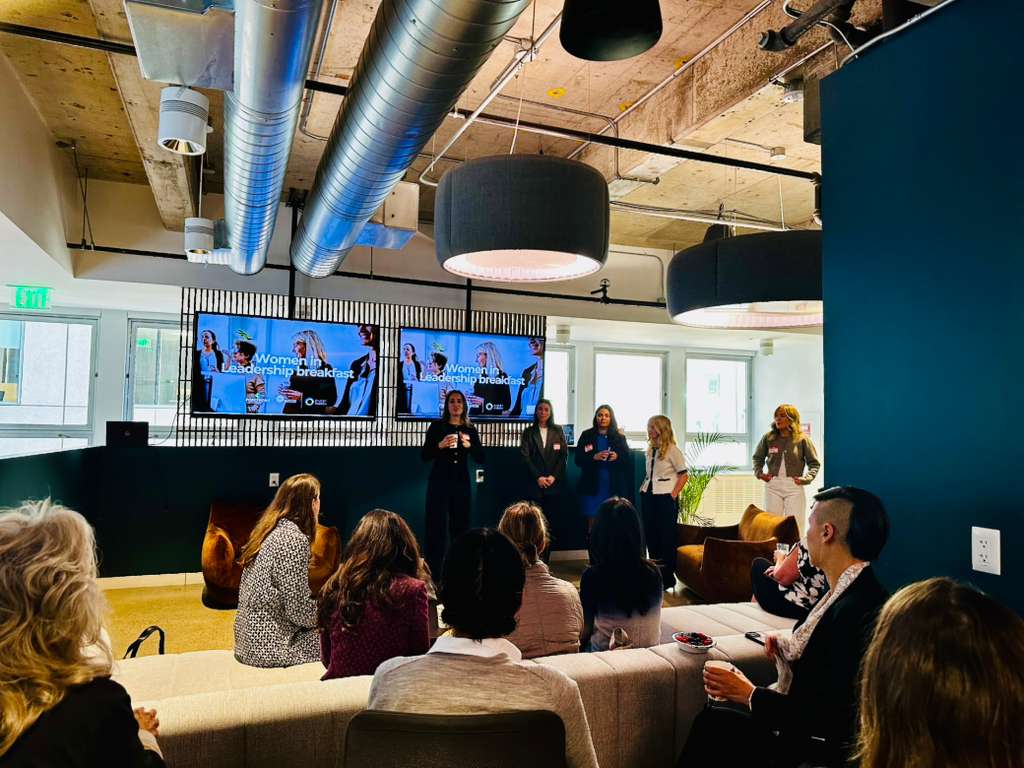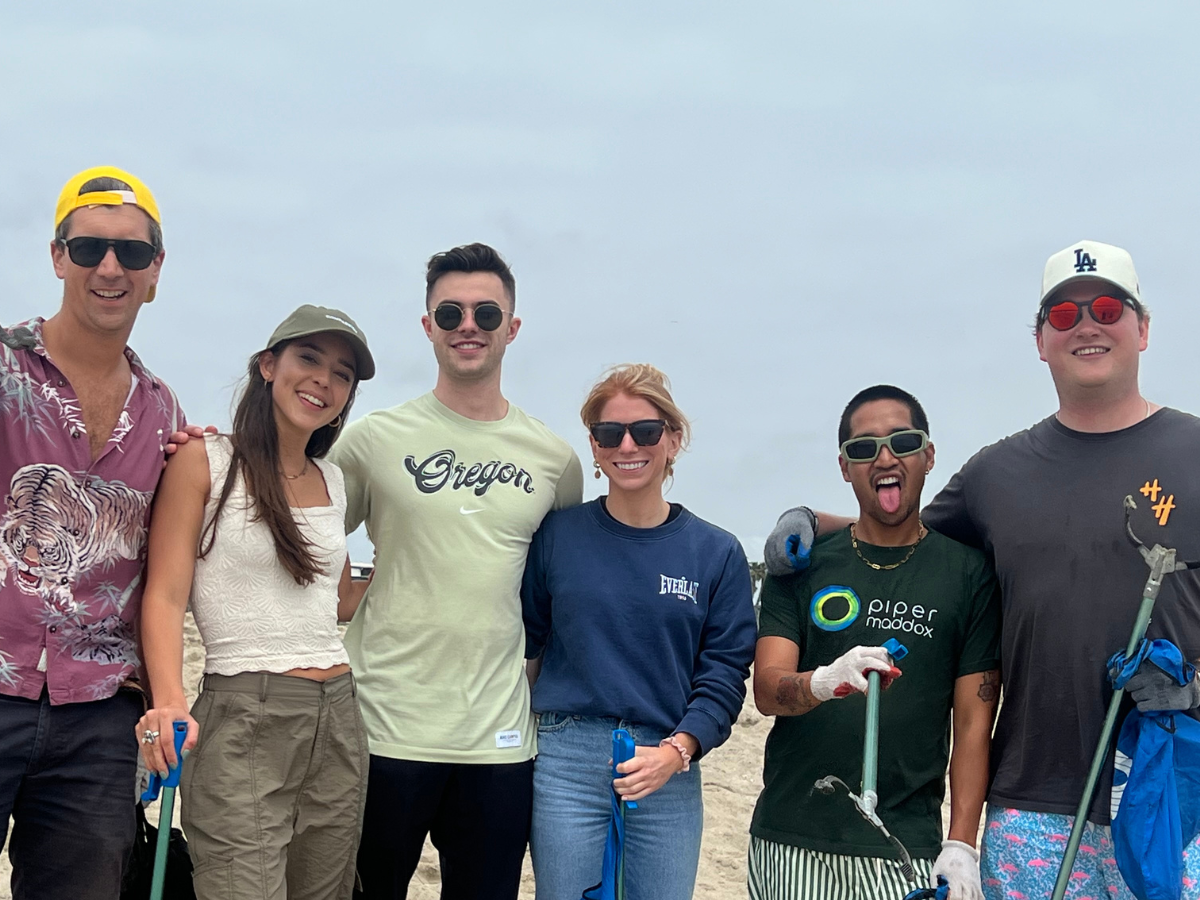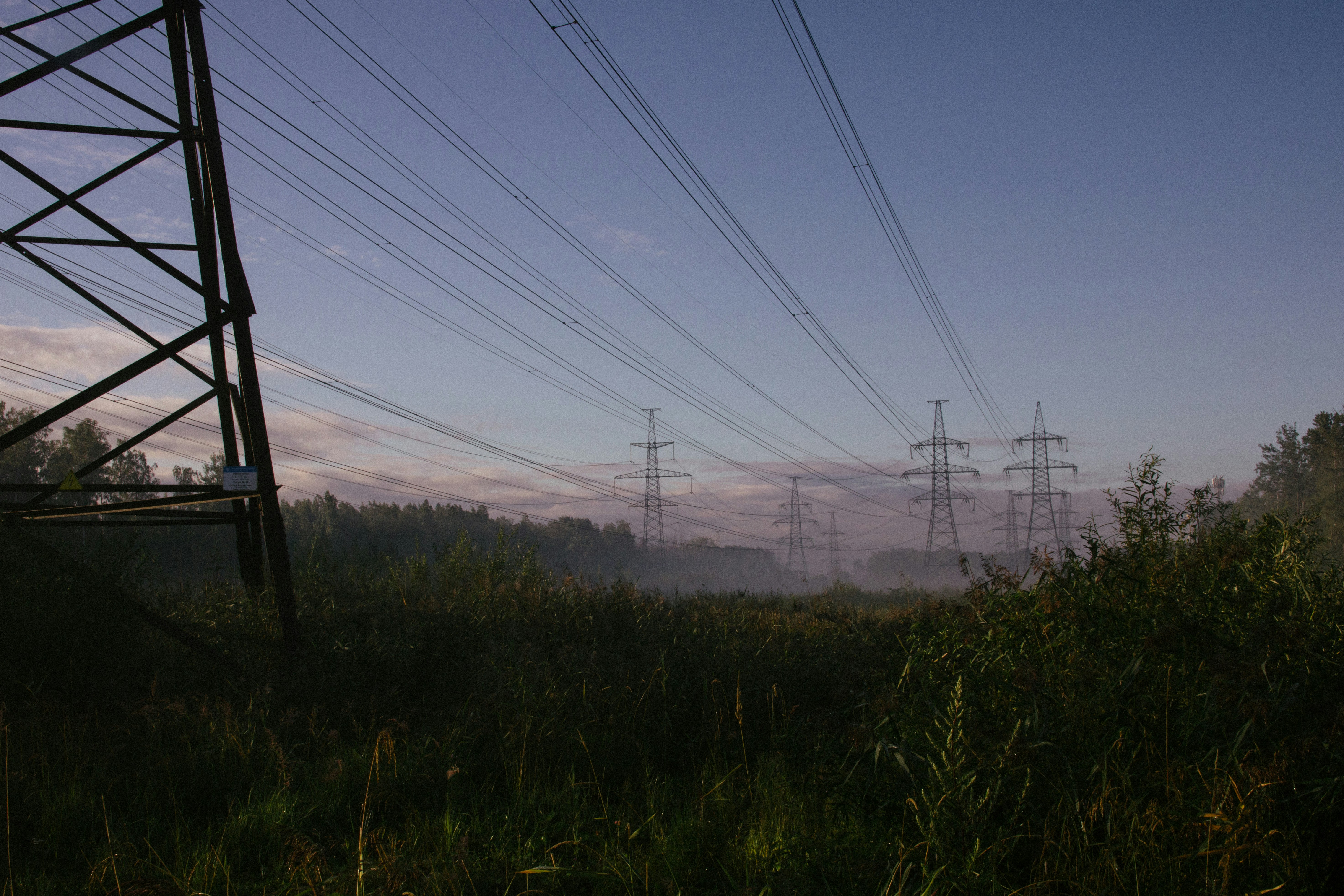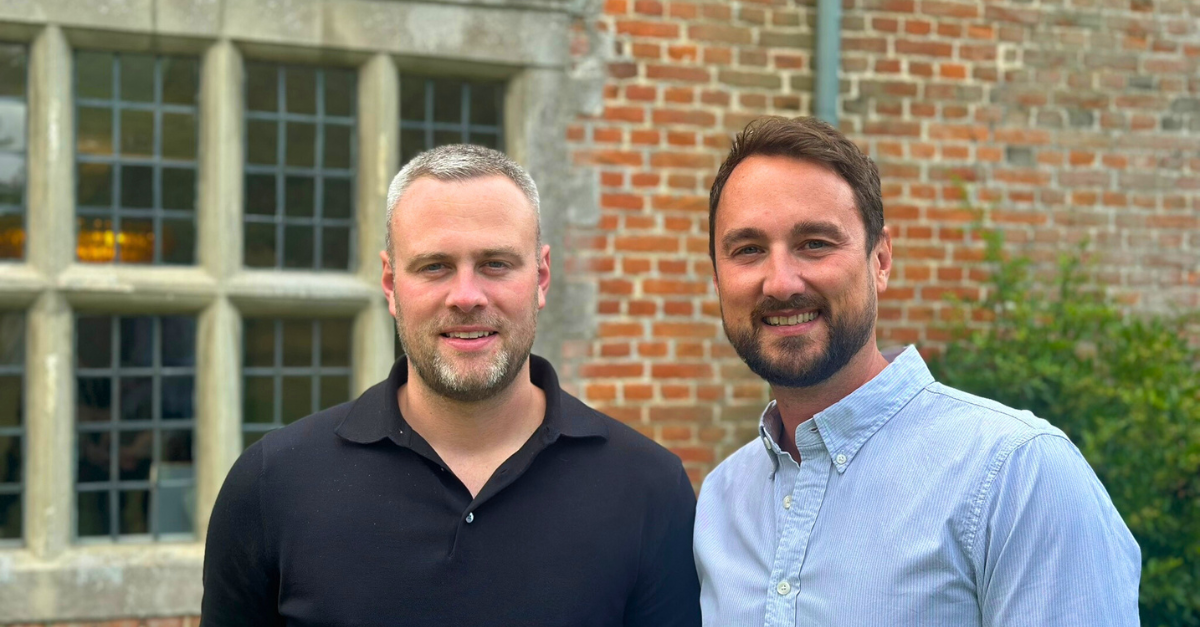Celebrating 10 Years of Piper Maddox
A decade of purpose, growth and impact in clean energy talent This year marks ten years of Piper Maddox, one of LHi Group’s fastest growing specialist brands, built with a clear purpose, to support the global clean energy transition and help protect the future of our planet through exceptional talent solutions.Founded in 2015 by Alex Cohen under the LHi Group, Piper Maddox was created with a belief that recruitment could be more than a commercial service, it could be a platform for positive change. From the outset, the brand committed fully to renewable energy and cleantech, stepping away from fossil fuels entirely and aligning its growth with the industries actively decarbonising the world. Over the past decade, Piper Maddox has become a trusted partner to some of the world’s most innovative clean energy organisations across the US and Europe, helping them build the teams shaping how energy is generated, stored and consumed. Its rapid growth reflects not only market demand, but the strength of its mission, culture and people, proof that purpose-led businesses scale with impact. At its core, Piper Maddox is driven by the belief that recruitment can be a force for good, contributing to a cleaner, more sustainable future, one hire, one partnership and one business at a time. From Vision to Global Brand As the energy sector began shifting towards renewables, it became clear that traditional recruitment models were struggling to keep pace with the urgency of change. The clean energy transition demanded specialist knowledge, speed and long-term thinking, not legacy approaches. Recognising this opportunity, Alex Cohen and LHi Group Founder, Tom Glanfield aligned on a shared ambition to build a recruitment brand dedicated entirely to clean energy and sustainability. Combining entrepreneurial platform, leadership and a strong cultural foundation, Piper Maddox was born as a values-led business designed to create long-term impact. From those early beginnings, the brand has expanded rapidly across Europe and North America, building leadership teams united by a shared purpose to accelerate the energy transition and support companies working to decarbonise the planet. “The success of Piper Maddox reflects what’s possible when purpose, people and platform align. It’s been incredible to watch the brand grow into a true global leader in clean energy and cleantech recruitment.” ~ Alex Cohen, US Brand Leader Specialist Expertise at Scale Today, Piper Maddox is home to more than 80 specialist consultants delivering talent solutions across: Renewable Energy Energy Storage eMobility Clean Fuels Nuclear Power Energy Trading Sustainability Energy Management and Grid Resiliency Sustainable Aviation Operating with a specialist, quality-first mindset, the brand combines deep market expertise, proactive headhunting and extensive global networks to deliver consistently high-quality outcomes for clients operating in highly competitive markets. With offices in New York, Los Angeles, Austin, Miami, London, Bristol, Berlin and Munich, Piper Maddox provides global reach supported by strong local market expertise across North America and Europe, including the UK, DACH, Benelux and Southern Europe. Evolving into a Talent Solutions Partner In line with LHi Group’s wider evolution, Piper Maddox has grown beyond traditional recruitment into a full talent solutions partner, supporting clients at every stage of scale and maturity through: Permanent and contract recruitment Executive search Subscription hiring models Embedded talent solutions Consulting services through Expert Project Solutions (XPS) This integrated approach enables clients to scale efficiently while maintaining quality, consistency and long-term workforce planning. “Over the past decade, Piper Maddox has matured into a true strategic partner for our clients. The next phase is about continuing to innovate and scaling our impact globally.” ~ Tom Clarke, UK & Europe Brand Leader Looking Ahead: Building a Lasting Legacy As Piper Maddox celebrates its ten-year anniversary, the brand continues to play a critical role in supporting the organisations building a cleaner, more resilient energy future. As one of LHi Group’s fastest growing brands, its success reflects the power of aligning commercial performance with meaningful purpose. By supporting companies whose missions centre on decarbonisation, sustainability and innovation, Piper Maddox is helping shape the legacy LHi aims to leave, protecting the future, enabling progress and proving that business can be a force for positive change. Interested in partnering with Piper Maddox?👉 Discover how their talent solutions can support your organisation’s growth by emailing info@pipermaddox.com Thinking about joining the journey?👉 Explore current opportunities across the Piper Maddox brand and become part of a business making real-world impact. Click here!

